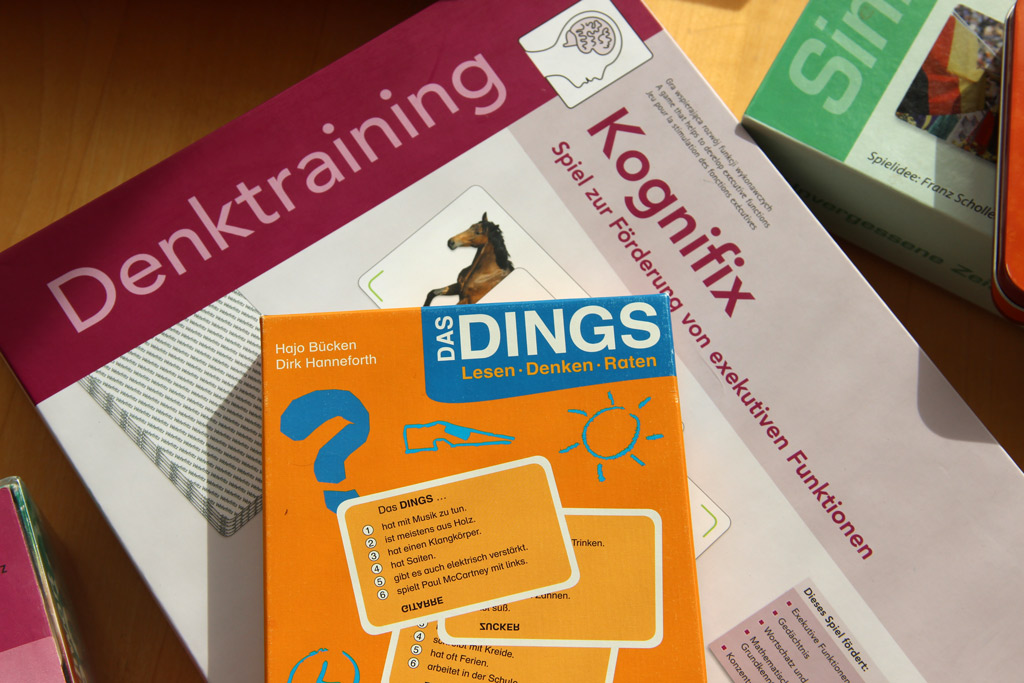We say thanks – and we are impressed!
Knowledge stops Dementia will continue to thrive in the coming year. 480 individual donors, with an average donation of more than 25 euros, decided to support our work. We thank you from the bottom of our hearts!
From a financial point of view, this means that the Knowledge stops Dementia team can continue to work scientifically, journalistically and organizationally free of economic pressure in 2021. From an idealistic point of view, we are especially impressed by the large number of private individual donations. This shows us that we reach and move many people. Knowledge stops Dementia is crowd financed in the best sense of the word and we are proud of that!
However, we are not resting on this success. There is still a lot to be done regarding a disease that affects 35 million people worldwide. By the way, because dementia is a global problem, we present all our content on this page in English as well. The individual menu items on our project page are already filled with comprehensive knowledge about dementia and Alzheimer’s disease.
In addition to further publications that are already in progress, the expansion of our network is at the top of our project plan for the coming year. Thanks to your help and with your support, we want to become an unmistakable voice that draws attention to the relevance of lifestyle factors in the treatment and prevention of dementia with evidence-based evidence.
What exactly can you expect from us next year?
- The therapist and partner database is now beginning to take shape. We want to help ensure that those affected by dementia receive the best possible advice. We are bringing together therapists who treat according to the latest research and patients.
- In the course of the coming year, a handbook will be published, which summarizes the essential facts about dementia and lifestyle issues, scientifically proven and at the same time formulated in a way that can be understood by the general public It is intended to provide you with assistance in prevention and therapy.
- In our newsfeed on our website you will find news every three weeks, which our scientific editorial team researches and prepares for you.
- A project brochure will soon be available for download and in printed form on request. You are welcome to help with the distribution and thus make Knowledge stops Dementia even better known.
- Of course we will continue to answer the numerous questions that reach us personally and help where we can.
In addition, there will be countless hours of all that work that usually remain invisible. Until information makes it into our publications, extensive research, discussions, debates and votes in the team are necessary. Of course, we always review the latest studies and research results on the topic of dementia and are committed to an extremely high quality standard.
As already implemented by our partner project Life-SMS (Lifestyle Strategies for Multiple Sclerosis), we would like to collect and publish detailed reports of the experiences of those affected in the future. You can also help us here: Increase the awareness of Knowledge stops Dementia in your family, among friends, relatives and work colleagues – talk about us!
As a special thank you, all our donors in November received in advance and exclusively the fact sheet: Dementia and Intestinal Health, which the Academy of Human Medicine developed to support our project. We are very happy that, thanks to your great support, we can now make this publication available for free download to all interested parties.
We wish you a Merry Christmas and thank you once again!
Your Knowledge stops Dementia-Team
Of course you can continue to support us financially through our permanent Betterplace site. Especially high planning security is provided by small but numerous and steady monthly contributions.





